“Shall we meet in Benaras?“
Tapanta Chatterjee and I go back three decades. We first met in 1992 near the lift lobby at my grandparents’ apartment complex, Meghamallar. I had just shifted to Kolkata to study engineering at Jadavpur University. He had walked up to me, ‘You are Pintu Mamar nephew, aren’t you?’ ‘Yes’, I replied, warily sizing up this city boy with a swagger. I was a small-town simpleton from Jaipur. That was the start of a friendship that was to become a touchstone in our lives.
He was calling from his home in New York, and we were discussing his coming to India in a month’s time along with his family. We hadn’t met in a long time. His daughter was in college now and I hadn’t seen Mitali in ages. I still have memories of our ‘reconciliation of states’ in his apartment through our student years, and then later when I travelled frequently to Kolkata on work, many a times with office just the excuse. These conversations helped clarify what we were experiencing at the time, make sense of seemingly random throw of dice in our lives. These were our late teenage and early adulthood years, when we were still coming of age, our emotions still unfettered, flying high on ideals. We were straining at the leash of independence, of making a mark in this world, coming into our own, yet fragility and self-doubt characterized our vulnerable personas in those transformational years.
Raka & I became each other’s support system, watching out for each other, celebrating each other’s small wins, being brutally honest and critical of each other, even to the point of coming to blows a few times. And then laughing it off the next day while sharing a smoke. Raka was instrumental in getting me into Jadavpur hostel when there was no official vacancy. He networked with an uncle of his who was there and made it happen. I still remember what he had said in Bengali, ‘To become a man, you have to move out of the comfort and security of family and home Bappa’. I had had a fight with my Pintu Mama over a trivial issue, and my grandmother had gently hinted I should stay in my own place. Many years later when Raka cracked his first job as a buyer-intern in a tea trading company in Kolkata, I remember treating him to a celebratory dinner at a five-star hotel, which was well beyond my means at the time. There was a glint in our eyes as we dined that night, talking about how we were going to make it in life.
The most precious moments for us were our conversations through it all, including dark times such as when his dad was diagnosed with cancer and passed away or when I was going through a major existential crisis and felt increasingly disconnected and adrift in life without purpose, his sharp rebuke and talking me through it, slapped me back to my senses. We always called it our ‘reconciliation of states’, where we critiqued and examined all that we were part of, family, our relationships, our loves, the social system, nations, borders, this world without them, philosophies, religions, our love for art, movies and literature that revealed the magic in this world. These conversations were also an exploration of our own psyches, strengths, frailties, and hypocrisies, the kind of lives we wanted to build for ourselves. The two of us would piece together our jumbled worlds, and a coherent picture would emerge, clarifying questions on meaning, purpose and identity.
Over the years the tracks of work, life and family steadily grew in influence, and our meetings grew further apart. Fights, disagreements, drunken camaraderie, and moments of clairvoyance, all happened more and more over the phone. I must have met him briefly a handful of times over the past two decades after he had moved to New York. Not enough for our unique fix, our ‘reconciliation of states’. And so, when he suggested we meet this time in person in Benaras, or Kashi as he chooses to call it, it had the solid ring of a slot machine hitting three aces.
****
The plane touched down under a dark sky. On the way in the taxi, thunder cracked and the skies opened up in torrential rains. The unrelenting downpour turned the streets of Benaras into free-flowing rivers. The hotel turned out to be in a tiny lane, surrounded by other buildings cheek by jowl, its entrance completely waterlogged. A bad start made worse by the fact that Raka was not answering his phone since I’d landed. Finally, Mitali who I’d also called, called back, and it transpired that he had had a bad stomach and was sleeping it off in his hotel room, while Mitali & Parboni had gone sightseeing to Bodhgaya.
I was a bit under the weather too, not having fully recovered from a recent bout of viral infection. When I was finally in a cab after an hour and half of trying to locate one, office messages started to flow incessantly on whatsapp on an inane matter. Cars, buses, tempos, vegetable carts, bicycles, rickshaws, bikes and cows jostled as we made our way through the screeching, honking mess of waterlogged roads. I was looking forward to relaxing, letting my mind wander, emptying myself of everyday concerns particularly work-related, before meeting him. And now this.
He was inside the lobby conversing with the guide he had hired, busy fixing up a room booking for me. I had asked him to get me one after deciding to cut my losses at the other place. I was outside after letting the cab go, finishing up my last-minute messages to manage the work issue. Before walking into the hotel, couldn’t help but reflect on how we would have talked about meeting one day like this in Banaras, back in our college days. We would have probably imagined meeting with the relaxed assurance of success, having made it through the ups and downs of life with a smile on our faces and not a care in the world. I walked in and we sized each other up wordlessly. ‘Bappasky’, he said as we clasped each other in a warm hug. Rakasky was a Russophile. He had been mugged violently in Moscow that had left him with a shattered jaw I remember, but his love for Rusky hadn’t faded. We were meeting after six years and this time we would have three whole days together in a city we meant to lose ourselves in.
The evening passed by in a blur, a quick couple of drinks at the bar, followed by dinner with his family. Conversations flowed with an ease that belied the gap of time, such are the connections of kindred souls. His daughter Parboni was visibly tired after a tough day, and Raka was also feeling a bit low after his gut issues. We decided to call it a night as they were to go on an early morning boat ride on the Ganga followed by an Aarti in the famous Biswanath temple. A part of me kept watching our excited conversations, so much to talk about, so little time.

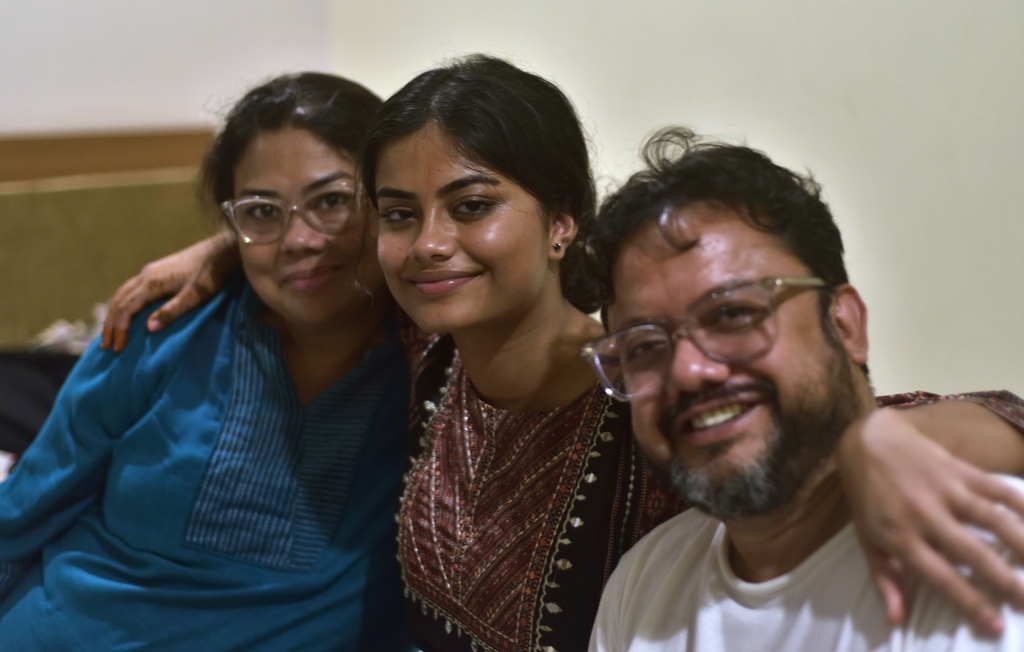
****
No answer. Raka had told me they would be back in their hotel by 10 30 in the morning and that I should come over. We would then go into the old part of the city, Kashi together. I kept calling and eventually reached there thinking they must be on their way back in noisy traffic. 11 30 a.m and still no sign and no answer to my messages or calls. I proceeded to busy myself with the receptionist to give me the ‘best’ room on the premises. He relented after persistent tries and offered to show me all three that were available. I finally settled on one with the least amount of noise coming in from some construction work underway at the hotel. 12 30 p.m, still not a whiff of the missing Bongs from New York City wandering around somewhere in the narrow lanes of Kashi. I was beginning to get vaguely worried. I asked for a Hoegarden and its welcome sight calmed by impatience. I settled down with it, letting my eyes and mind wander out of the balcony glass door.
1 30 p.m. Our man finally calls up and gives me an apologetic spiel of how they were finally on their way back. Japan’s ambassador had landed up in Biswanath temple, and all the pilgrims lined up for Aarti were stuck for a couple of hours in a jam-packed queue because of the VIP darshan. They couldn’t back out either by the time they realized their predicament, and their phones were in the car as they weren’t allowed in the temple. Thankfully this time I had the good sense of carrying on for lunch. They finally reached the hotel well past 3 p.m. It seems they had stopped somewhere on the way again. Raka, like typical Bengalis crams in every touristy tick-box in an itinerary, transforming a vacation into an endurance race. Let no one say anything was missed out, maximum returns only please! A thoroughly exhausted Mitali & Rusha left for the airport in a couple of hours to catch their flight back to Kolkata, and we started making plans to leave for the Ghats.
‘First bhang then wherever, this place called Mishrambu has excellent reviews,’ I said. Raka was already making his typical plans, ‘Bappa, you have to see the Ganga aarti, it’s fabulous, take your camera..’, ‘first bhang’, I slipped in again, ‘…we will go to this place my guide has suggested, they will take us to the terrace, and that’s where it is being done nowadays since the river has risen above the ghat platforms, the pujaris are not doing it on the ghat steps…’, he trundled on till the word ‘bhang’ finally sank in. His face lit up, ‘first bhang, yes, then aarti, chaat, Kashi, Jai Baba Bholenath!’.
‘Remember the time we had had that potent Manipuri ganja in Meghamallar? Three drags is all we could smoke, and then that hilarious trip had come on uncontrollably, we had run out of the apartment complex so that we wouldn’t get caught,’ he burst out laughing. ‘Yes, we were bent double laughing hysterically all the way to Golpark, clutching each other’, I replied, ‘I remember we found that empty double decker bus, climbed to its upper floor and collapsed on one of the seats. Our stomachs were hurting, we had tears in our eyes but we couldn’t stop. Something or the other triggered a fresh new wave!’ That bus started moving with a jerk abruptly all of a sudden. We hurriedly tried to get off, half tumbled down the steps in our delirious state and fell on our bottoms in the middle of the road, cackling away like madmen! We cracked up in tears again reliving it.
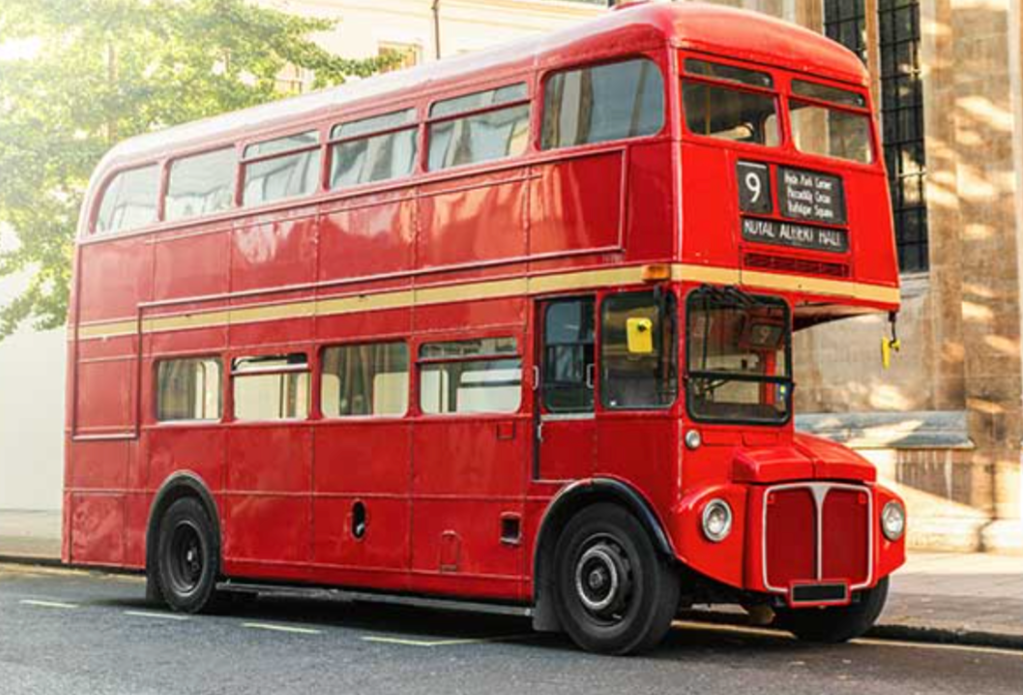
After a while in a somber tone, Raka started sharing about life back in New York. It’s a hard city where the pressure never lets up, and if you are not wealthy, the high costs and frenetic pace keeps one scrambling. On the other hand, it is the big apple of the American dream, a city of mystique, great character and culture, an iconic badge of identity for its residents. Raka is a street-smart survivor, and he has worked hard to carve out a good life bit by bit in that city. But the pressure of doing so has taken its toll, the stress of work and life in this demanding city affecting his health.
‘I can see you are also tense and stressed all the time Bappa’, he said. He was right, so was I too. In the past years I had done well too, climbing the ranks into a senior leadership position, having been one step ahead of disappearing ground beneath my feet all my life. And the pressure of living up to my ambition, self-image and delivering on a large, complex, ambiguous mandate, dealing with cold, selfish opportunism at work, had knocked me about quite a bit and was still taking a toll every day. The only good thing I had done since the last big knock on my health a decade ago, brought on by work stress and a wayward lifestyle, were an active alternate lifestyle – running, weight training, yoga, birding, nature and adventure travel. But these weren’t proving to be enough at striking that inner balance, as the stakes kept going up.
‘But you do seem to have mellowed and become calmer,’ said he. He & I had had a couple of serious run-ins in the past couple of years, flying off the handle at each other over silly stuff such as our views on the US, India, first world vs third world, and other such asinine topics. I had felt he had become superficial and shallow, driven by materialistic goals, with the hollow bluster of a typical know-it-all ‘American’. He felt I had become rude and aggressive like the archetypical Dilliwala, justifying a narrow, ‘third world’ frog-in-the-well mentality! We both knew each other far better than that, but such is ego when you are older, it makes one blinkered and a bit of a self-serving pompous asshole, to justify one’s anger or bruised feelings over imagined slights. Disagreements over abstract concepts like ideas, views or opinions, are quickly perceived by the ego as personal attacks on oneself to be defended at all costs. I told him all this, and he shared he’d felt the same way, both seeing through the reasons why we would have behaved the way we did, how the adversarial, cut-throat nature of our worlds had permeated deep, making us needlessly defensive with the ones closest to us.
As we were about to leave, he got a call from Mitali who had reached the airport. Turned out she had left her passport with Raka and was now not being permitted to enter the airport. Off we went there instead, in the auto we had hired to take us to the Ghats. We left the main city and climbed on to the highway, the road soon blurring beneath our feet, the auto’s din drumming away thoughts. Stretches of green fields opened up around, the calming green of the monsoon countryside replacing the drab ugliness of the city’s bric-a-brac. For a while Raka and I sat silently, absorbed in our auto ride after our conversations in the room.
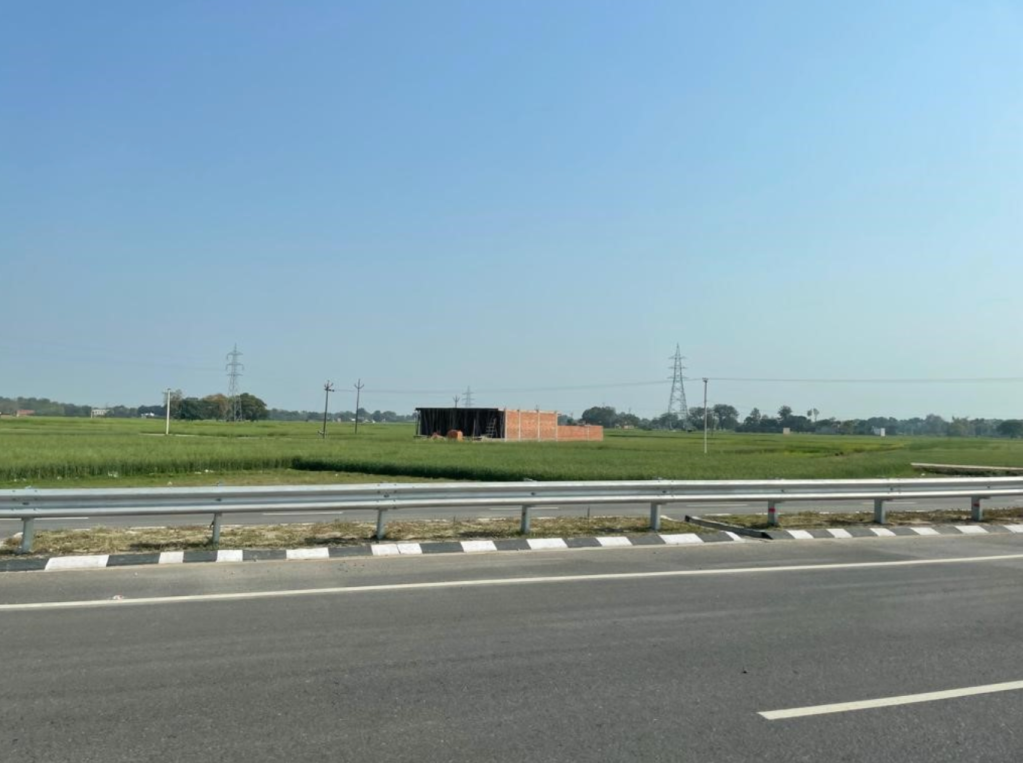
‘Why hasn’t progress meant we live in healthy, natural, beautiful environments Bappasky, instead of rushing about day and night in our crammed cities, choking inside, choking outside?’ said Raka breaking the silence. Why indeed. ‘That’s why I escape into the jungles every now and then with my camera Rakasky’, I replied. ‘I am just not being able to see a way out of the grind Bappa’, he said quietly after a pause. Back and forth went our conversation, easing the pressure around our temples. When you truly relax, let your guard down completely, you realize it happens only in the company of true friends. You are no longer afraid of how the world may judge everything you do, and you let go, become yourself and come into a wonderful flow. We started reading out shop signs along the highway after a while, and I remember our banter around a ‘Champaran meat’ shack, how we should stop on a whim, and have a couple of rotis and piping hot mutton curry on an impulse. But we didn’t, we had a passport to give back to an extremely anxious Mitali.
On the way back after reuniting the passport with its owner and a final round of good-byes, we watched twinkling streetlights light up the streets as dusk fell around us. The open countryside soon gave way to incessant honking of traffic as we entered the city again.
****
Something happened, something priceless slipped into our pockets and I realized it well after the fading memory of our inadequate conversations, while journeying into the heart of this unfathomable city.
There were moments there when we felt as if we were slipping through the wormhole of time and space, travelling through that seething mass of deafening humanity that hid a million secrets of the past and present, below its ever-boiling churn. Together, talking the language of life-long wayfarers, we found ourselves in the grip of a strange, hallucinatory journey that kept drawing us in, when we journeyed into the old part of town, Kashi, to Manikarnika ghat where the pyres have been burning night and day without pause for a thousand years. Or maybe more.
****
The auto guy dropped us at a point from where we had to take a rickshaw to make the journey to the ghats, and off we went through milling crowds, rivers of humanity. Domes and spires of mosques appeared as we passed through a stretch that was lined with kebab stalls, men in kurtas and fezzes, women in burkhas, a predominantly Muslim neighborhood that precedes the chowk before Dashashwamed Ghat. Through centuries this ancient city, Kashi, has absorbed tides of religion, cultures, kingdoms, and people. We could see a complex network of lanes and bylanes branching off from the main road into the densely populated heart of Kashi, and inside these lay the uncountable stories and realities of this oldest of cities in the world. Ganga was hardly a couple of kilometers from us, and in my mind’s eye I could see it flowing by the banks of the city while countless people surged and ebbed along its shores over millennia. Raka & I talked about this in the context of today’s polarizing Hindu-Muslim toxic tension. Here, as the frail old man bent his body over the rickshaw’s handle, this co-existence since ages immemorial spoke of how our religions, our social identities have fused, sometimes bloodily, most other times into the very essence of our history and culture. Singularity versus pluralism, which would you choose?
Godowlia chowk, end of our rickshaw journey and the beginning of one we had been waiting for, our ‘reconciliation of states’. This chowk in the evening is an assault on the senses. A galaxy of blinding lights makes one wince. The noise is deafening, a blaring loudspeaker blasts devotional songs drowning out the cacophonic din of humanity. People throng this place in many thousands, almost a natural force to behold and be part of. The smell reminded me of the inside of railway sleeper cars in summer, steely, unpleasant, ionized human sweat. I focused on locating Mishrambu, which reportedly served one of the best thandai bhangs in Kashi.
****
A sprightly old man dressed in white shirt and trousers was busy making Thandai at Mishrambu. We asked for two, the regular bhang ones. He scooped a good dollop of the green paste and proceeded to mix it in cold milk, some malai, nuts, a fragrant syrup, and some ice. In the hot humidity, its chilled deliciousness went down like a welcome dream, with a promise of its psychotropic trip that would follow in good time.
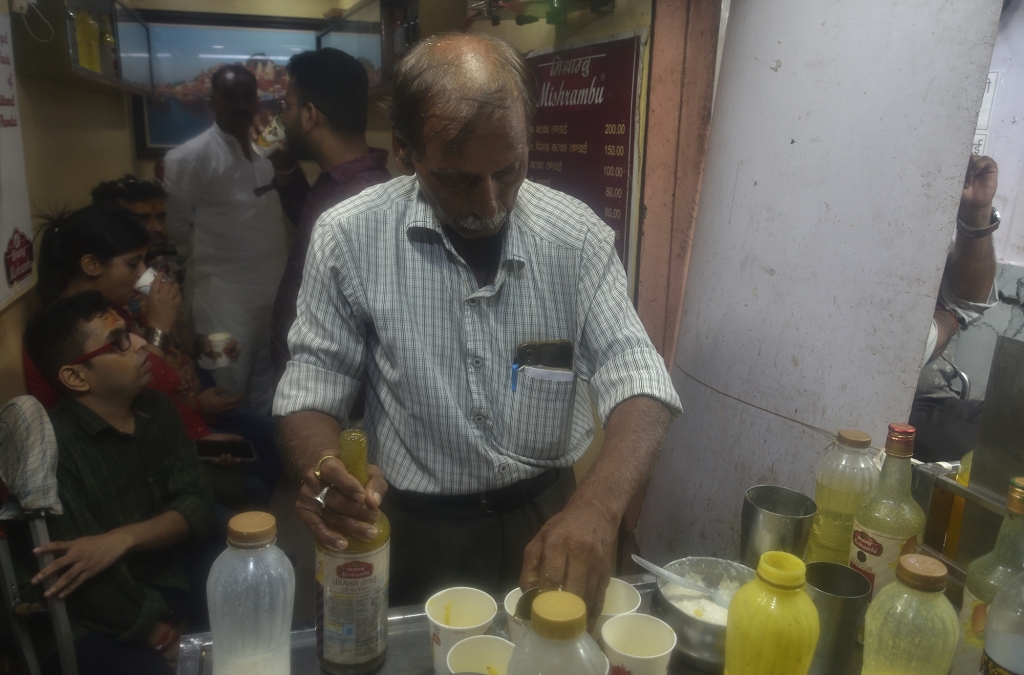
After relishing each sip and finishing the glass leisurely, we first headed to the main Ghat, the Dashashwamedh Ghat. As we neared the Ganga, the humidity, heat and press of so many bodies closed in suffocatingly. A procession of saffron clad devotees rushed forward towards the ghat chanting, while a large family struggled to keep together. Mothers, babies, old men, young turks, went streaming past us on their way back from the ghats, most of them soaked to the skin from holy dips. A solitary cow stood still in the middle of the road within this fast flowing river of humanity. To me it looked dazed and confused or perhaps some devotee had fed it some of Shambu’s prasad, jai bhole! Raka stopped and touched it reverentially, devout believer that he is.
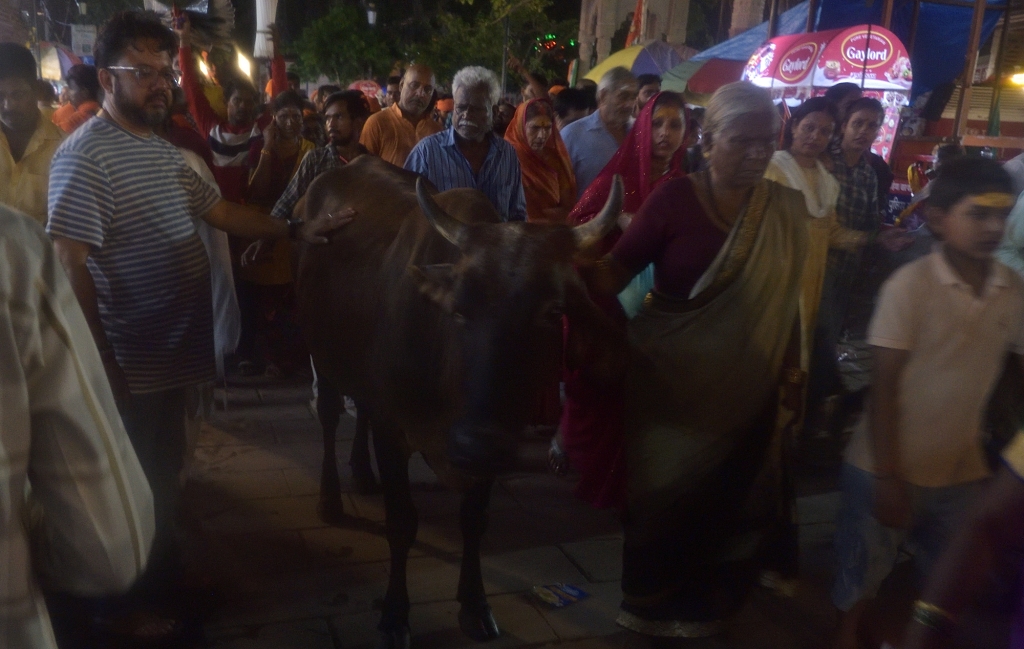
The ghat was where all this movement came to an abrupt standstill under orange floodlights. Boats of various sizes crowded the waters beyond the steps. Several people were busy taking holy dips and some selfies, with all the buzz around them. We took a few pictures of ourselves standing on the steps going down into the Ganga, with crowds milling around us. There are some places that have the aura of giant stages, where momentous events are about to happen. This is one such place. There must have been a thousand or more people on its steps and in the shallow water by the bobbing boats. This is where the famed Ganga aartis are conducted in the evenings but wasn’t happening these days because the monsoons had raised the river above the large platforms where the aartis are usually performed.
While returning we spied a Baba in a meditative trance in a tiny red temple in the middle of the road, with a small Kali idol and incense sticks in it. As I took a close-up picture, he stirred, disturbed. I have never seen eyes as red as his, his fingers trembled as he made a faint gesture to leave him alone. I apologized and we continued, but the man’s face and his deep meditation no doubt under the heavy influence of bhang or ganja, amidst such a din and press of people around, left a deep impression on us.

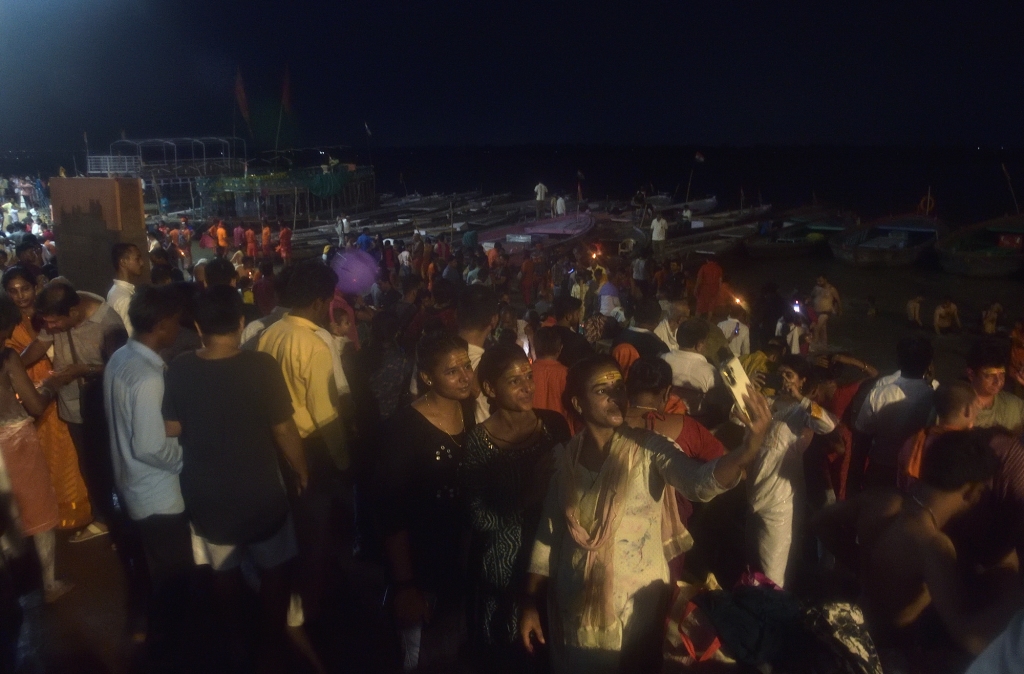

Back at the Gowdolia chowk, we asked someone which ghats did the right and left roads lead to? He replied the left one would go to Manikarnika, the cremation ghat. My ears didn’t register his reply for the road on the right, and later on Raka said it was the Assi ghat that way. The moment I heard Manikarnika, a strange pull exercised itself. Raka was a bit hesitant, but I egged him on, and we were soon on our way.
****
The bhang had not started taking full hold yet but was beginning to. I remember us walking down a narrow lane that snaked down a warren of shops towards the ghat, hassled by a never-ending stream of honking bikes and scooters coming up behind us. As we walked further down, the lane led us down blind turns and became narrower, more dimly lit. Soon we heard a trance like medley of songs and voices floating towards us. As we neared, it drew us in, confusing and disconcerting, with a displaced dream-like feel. It was a surreal blend of an obscure seventies Hindi film song coming from a home in the dark somewhere, a television news reader in a tiny shop lit by a strange yellow bulb, an ad jingle on a radio, and a phone ringing away. We swam and eddied in its swirl as we walked past, a background rise to the oncoming bhang trip. We were in its thrall long after it faded away behind us.
When we finally neared the cremation bank, the lights from weak tube lights and dim bulbs in the shops gave way to the glow of burning pyres. In between was a short disconcerting stretch of darkness. The paved lane ended, and I stepped onto wet, compacted earth into the dark. Further ahead the silvery moonlight danced on the waters. The shops around were stocked with logs for the pyres, a couple of them were stacked with flowers, incense, gold and silver shrouds, tins of oil or ghee and various sundry objects that people use to consecrate the departed’s final journey. Several people were busy all around, finalizing terms for all that would be required, some in the distance huddled in shadowy groups around pockets of flame and smoke.

Raka had stopped in his tracks. I turned back, ‘You don’t want to go further?’ He grimaced and involuntarily took a few steps back, ‘I have been to cremation ghats more number of times than I ever wanted to, you go ahead’, he replied. Turning back, I stepped ahead and on my right saw the first one burning away fiercely, its flames licking away into the night. Transmutation of elements. A body that had had a life, was born, grew up, travelled through this ‘sansar’, lay here on flaming logs. Its skin, tissue, organs burning to ash and smoke, disappearing. With time memories of its life would fade, loved ones would carry on, great grandchildren, if at all, would likely not remember the name.
This place had initially exercised a morbid fascination, but now I found myself travelling to a quiet, meditative place. As I took in all these people, their arrangements, the flaming pyres, the thought crossed my mind – what did I want to see and how far did I want to go? Did I want to go all the way to a pyre, push my face close in, feel that terrifying heat, smart from its rising sparks? Then what, jump in myself to see what lay beyond? I stood still, and everything around seemed to stand still too for a moment. This was a place where all plans, words, ambitions and desires fade away, a place where you can perceive the infinite void that contains all, from beginning to end, where time’s grip on life is finally shaken free.
I had initially told myself, that I wouldn’t linger seeing Raka’s obvious discomfort, and it was with an effort that I turned back. Someday I will come and be here for more than a while, and I am not talking about my own final journey.
****
Bardo Thodol – The Tibetan book of the dead and living presupposes a cosmology of human experience in which existence is viewed as inherently fluid and impermanent, as involving a series of stages, of which death is merely one.
There are six main bardo experiences. Three are encountered during life and three after death. A single life span is itself a bardo state, a transitional zone in a larger cycle of rebirths. Dreams are bardo states that occur within the daily round, in the interval between falling asleep and waking; feelings of uncertainty, paranoia, and delusion are sometimes grouped with dreams on a looser interpretation of this second bardo state. A meditative trance is a third type of bardo state, an intermediate zone between ordinary consciousness and enlightened awareness. These are the main bardo states of life.
Death involves the remaining three bardo states. The first of these is the experience of the death point, the moment at which the soul loses consciousness of objects and becomes aware only of itself. The experience is described as a vivid formless light emanating from all sides. At this moment, enlightenment lies close at hand, although one’s capacity to attain it depends on the extent to which one has achieved lucidity and detachment in one’s previous existence. For most individuals the vision of light can only be sustained for a brief interval, after which the soul, caught in desire and delusion, regresses toward lower levels of existence.
In the second state the soul has visions involving a succession of deities: a series of beatific Buddhas in the first seven days, a series of terrifying deities in the next seven. The dazzling visions of the beatific deities are accompanied by duller visions of other beings that distract from the splendor of the former. To be distracted is to give in to anger, terror, pride, egotism, jealousy, and other weaknesses. In contrast, to ignore the minor visions and to embrace the more awe-inspiring deities is to attain spiritual salvation through the very act.
A mind that fails to overcome these weaknesses encounters the darker, more horrific deities of the latter seven days. Many of these visions are merely aspects of the Buddhas encountered in the first seven days, now made terrifying by the mind’s own weakness. Liberation is still possible here simply by recognizing these beings for who they are. Yet the act is also more difficult now because terror forces the mind to flee rather than examine its experiences. A mind that has failed to free itself by this point enters the third, most desperate stage. Here the mind faces a host of hallucinations, including visions of pursuit by demons and furies, of being devoured or hacked to pieces. A mind may linger here for many weeks – up to the fourty-ninth day after death.
These culminate in rebirth in some sentient form. Whether one is reborn as human or animal or is relegated for a time to one of the many Tibetan hells, or whether one achieves liberation from the entire cycle of life and rebirth, thus attaining Buddhahood, depends on success in overcoming one’s weaknesses over the course of the cycle.
****
We backtracked in silence, and this time took a different path. We saw steps going up to our left and went up them to avoid the nuisance of the bikes and their incessant honking on the other lane. This turned out to be a good walk, the shops on either side of the steps were smaller and had an ancient, timeless character to them. The steps eventually gave way to a narrow empty lane that meandered up these age-old shops and their inhabitants from a past world. All the din and noise had died down here and Raka & I were again lost in conversation, when I saw something that struck me as odd. A beautiful marble Islamic dome and spires came into view, surrounded by tall reddish spires of Hindu temples, and as we walked on the whole structure revealed itself, breathtaking in its Saracenic architectural style. Its white was the luminous glow of the moon, and I suddenly realized what it was – the Gyanvapi mosque, which was at the center of heated controversy at the time. A few months ago, chants of ‘Baba mil gaye’ came to fill the narrow lanes around us. A court mandated survey of the masjid had reportedly thrown up evidence strengthening the suspicion of several Hindu believers, that Gyanvapi could have been built on the foundations of the famed Vishweshwara temple, that had been destroyed by Aurangzeb in 1669.
As we neared its gate, we couldn’t help but admire its calming grace and beauty. I asked the policemen seated outside its padlocked gate whether I could take a picture. One of them smiled and replied back, ‘Not allowed Sir, kaun kya social media mein post kar dega, bawal ho jayega, abhi mahoul garam hai’. We took in the whole scene, pausing a while. Here was a stark reminder of our times, but also a reminder of the intertwined fabric of our religions and communities. The irony of the situation couldn’t get stronger. Manikarnika ghat was hardly a kilometer away, where all worldly considerations were forever going up in flames and smoke, and yet here was a historical place of worship with a violent history, that today had again become a flashpoint over identity, ratcheting up passions that have time and again snuffed out lives in violent flare-ups, with people delusionally unaware of the pointlessness of it all. Enough signs of trouble to have the police stationed in front of it with its gate padlocked.
Continuing, I remember two places – one was the Yadav hotel, a tiny hole in the wall of a basic eating house with maybe six benches. Families were eating simple vegetarian meals and there was this delicious, appetizing aroma from freshly cooked, honest, simple food. The second shop was a Hindi book shop. The owner lay reclining on his gaddi giving directions to one of his shop assistants. The entire long and high wall of the shop behind him was stacked with rows on rows of neatly organized Hindi books. This was a world in its own time capsule.

We stopped to smoke at a corner, a place where this vehicular free narrow lane merged with the main vehicular one. There was a striking, grimacing visage of Kaal Bhairav painted in bold colors on the opposite wall. It glowered down at the flow of human activity, its demonic face embodying the rites of passage that awaits all.
A group was coming down the lane carrying a dead body, incense sticks in hand, a young boy leading, the whole group chanting “Ram Naam Satya Hai”. At the junction corner, they turned towards our side, realized their mistake, and swerved back towards the main path without breaking stride. As they did so, the shrouded head of the dead body passed within inches of me. I involuntarily flinched, jumping away with averted eyes. They hurried on chanting away towards the stack of wooden logs waiting for them on the ghat, toward the final symbolic ritual they believe will free the soul from life’s bondage, to be one with the great void.

****
By the time we were on our way back on another rickshaw from Godowlia chowk heading towards the auto stand, the Bhang had hit with full force. Our rickshaw guy this time was a young, bearded chap, with superhuman energy that I am sure came from bhang. Through the riotous traffic this guy rode the rickshaw with audacious mastery, cars screeched to stop within inches of us, he slipped like an oily serpent between scooters, bikes, and cows, hardly braking, a memorable ride that lasted a good fifteen minutes or so. To us both, the whole thing was a kaleidoscopic explosion of energy, lights, sound, and action as we went hurtling along. In this tandav, this mad over-the-top excess of life’s din and force around us, in our meditative trip down to Manikarnika and back, two old friends had found each other again in their reconciliation of states.
****
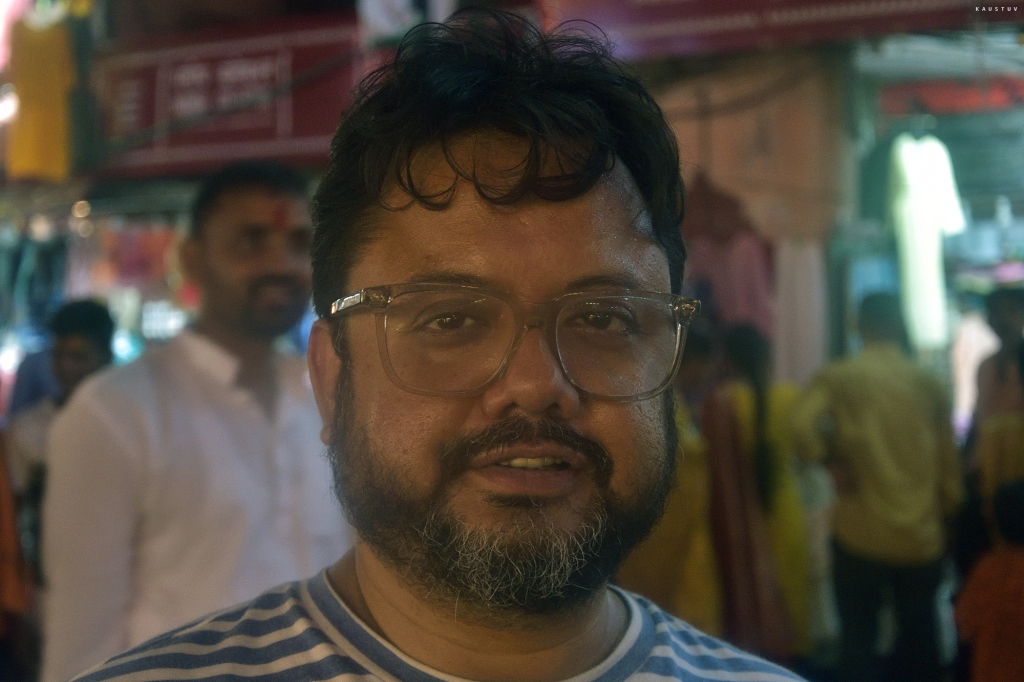
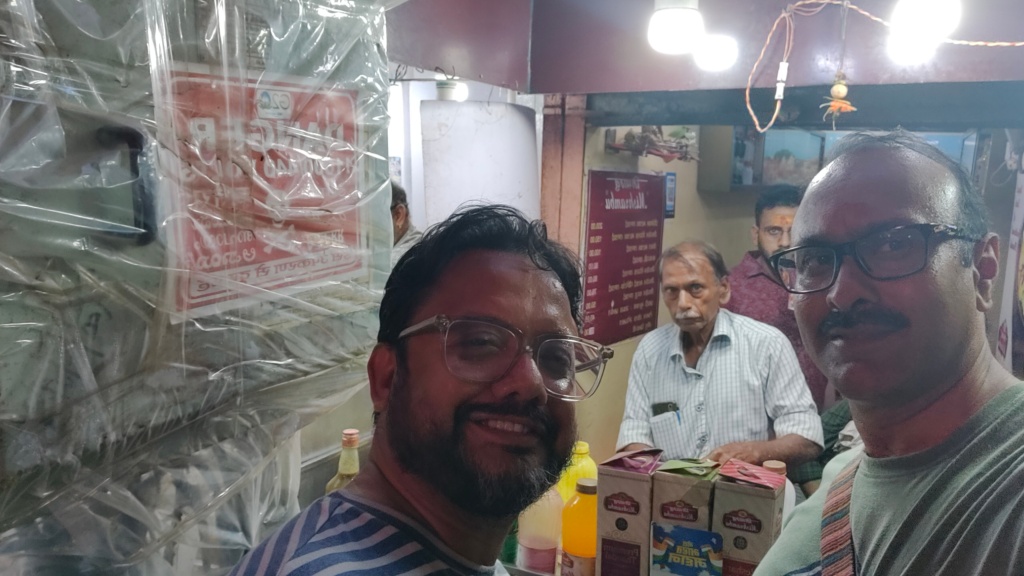

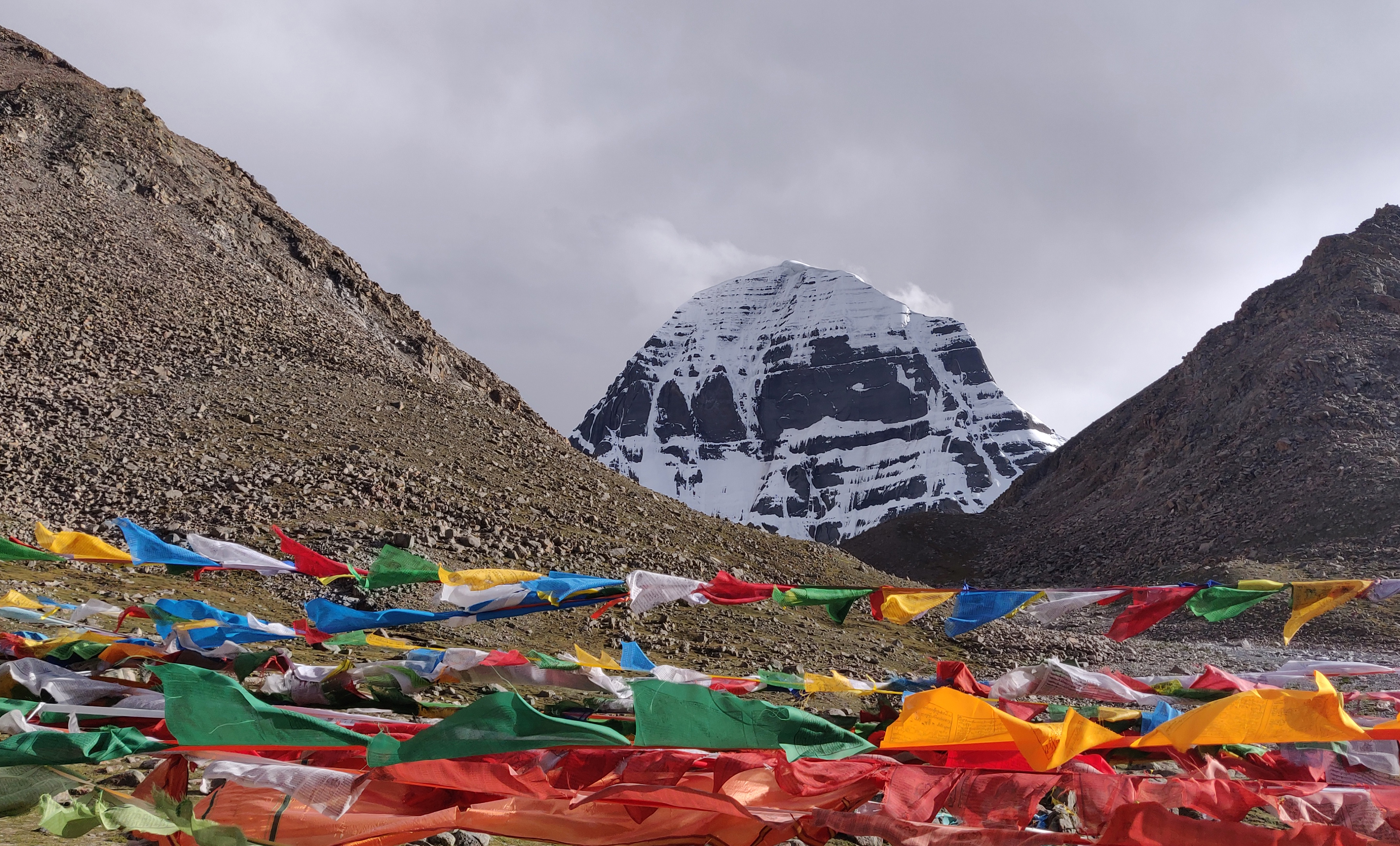
Splendid. Time is no barrier when soul speaks.. Wish I could have had an experience similar..
Sent from Outlook for Androidhttps://aka.ms/AAb9ysg ________________________________